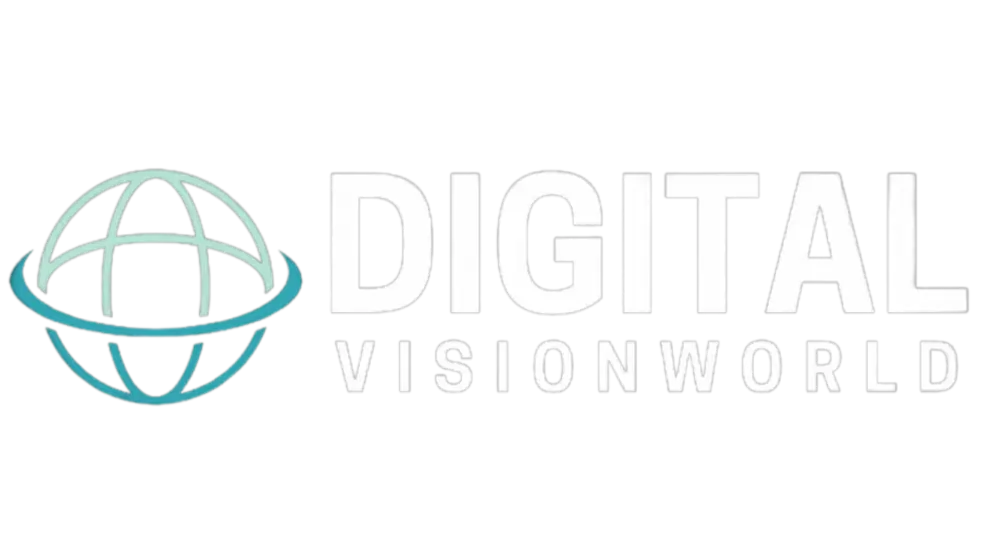Plan for Business

A Strategic Guide to Growth and Adaptability
Introduction
Building a successful business requires a well-defined strategy and a solid business plan. While many business owners view planning as a one-time task, a strategic “plan for business” approach focuses on adaptability and sustainable growth. Research by Bain & Company shows that businesses with strategic plans are 45% more likely to achieve long-term success.
Why Every Business Needs a Plan
A strategic plan for business helps align your goals with market opportunities, resources, and team capabilities. It outlines your business’s vision and provides direction on achieving short-term and long-term objectives. According to a Stanford study, companies with a clear business plan have a competitive advantage, with 70% reporting better performance metrics.
Components of a Strong Business Plan
- Business Goals and Objectives
A business plan should clearly define your mission, vision, and measurable goals. This clarity ensures every team member understands the business’s purpose and direction. - Market and Competitive Analysis
Market analysis delves into customer needs, industry trends, and competitors’ strengths. Understanding your market and positioning yourself accordingly are key to differentiating your brand. - Financial Analysis
Detailed financial forecasting allows you to track your performance, manage resources effectively, and ensure profitability. Maintaining financial discipline is essential for achieving long-term success.
Goal Setting and Planning for Success
Setting clear and achievable goals is a foundational aspect of any successful business plan. Strategic goals give direction, align team efforts, and create measurable milestones to assess progress. Utilising the SMART framework-Specific, Measurable, Achievable, Relevant, and Time-bound, helps break down overarching business aims into actionable steps. For example, instead of setting a broad objective like “increase sales,” a SMART goal would define a target, such as “increase sales by 20% within the next quarter.”
This approach not only gives your team a clear focus but also creates accountability, making it easier to track performance and adjust strategies if needed. Research shows that businesses employing structured goal-setting are significantly more likely to reach their targets. By embedding clear goals in your business plan, you’re not only setting your business up for short-term success but also paving the way for sustained growth and adaptability.
Comprehensive Financial Analysis and Strategic Market Positioning
Financial analysis and market positioning are two pillars of a robust business plan that directly influence long-term viability. Financial analysis involves forecasting revenue, managing budgets, and planning cash flows, which enables a business to allocate resources efficiently and anticipate future financial needs. Without accurate financial planning, a business risks overspending or underestimating the capital required for growth. On the other hand, market positioning involves understanding your competitive landscape and identifying where your business fits within the industry.
Conducting a SWOT analysis (Strengths, Weaknesses, Opportunities, Threats) is essential for identifying market gaps that your business can fill, creating a unique value proposition that differentiates you from competitors. Together, strong financial analysis and strategic market positioning ensure that your business operates with fiscal responsibility while capturing and sustaining market relevance. These practices are integral for building resilience, attracting investors, and guiding your business toward long-term profitability.
How Business Plans Foster Adaptability and Resilience
In today’s rapidly evolving market landscape, the ability to adapt is key to business longevity. A flexible business plan allows you to pivot when faced with new market trends, emerging technologies, or unexpected challenges. Incorporating adaptability into your business plan means planning for both best-case and worst-case scenarios. This might involve setting aside emergency funds, preparing for potential supply chain disruptions, or having contingency plans for workforce management.
Adaptable business plans include regular checkpoints, allowing you to review and update strategies based on performance and changing market conditions. This agility is crucial because it enables you to shift resources, revise goals, or adjust operations as needed without losing sight of your long-term objectives. Businesses with adaptable plans not only survive periods of change but often thrive, using change as an opportunity to innovate and capture new markets.
How DigitalVisionWorld Supports Your Business Journey
At DigitalVisionWorld, we understand that every business is unique, and a one-size-fits-all business plan won’t capture the specific goals, challenges, or opportunities that your business faces. That’s why we work closely with each client to create customised business plans that are tailored to their industry, growth stage, and individual objectives. Our approach begins with an in-depth consultation where we explore your vision, analyse your target market, and identify key performance metrics.
Our team of experienced planners and industry experts then develops a comprehensive, research-driven plan that includes goal-setting strategies, market positioning insights, financial forecasting, and adaptability measures. We also understand that business needs change over time, which is why our services include options for plan revisions and updates, ensuring your roadmap evolves with your business. Partnering with DigitalVisionWorld means having a dedicated team that not only creates a roadmap for your success but also stands by you throughout your journey to help you navigate challenges on your growth opportunities.
Conclusion
A well-crafted business plan is not just a document; it’s a dynamic blueprint that charts the path for growth, adaptability, and long-term success. By setting clear goals, businesses create a roadmap that guides decision-making, aligns team efforts, and helps measure progress over time. A structured approach to goal-setting and planning enables businesses to stay focused and accountable, ensuring that they are consistently moving toward defined objectives.
Financial analysis and market positioning further enhance the value of a business plan by creating a stable foundation for sustainable growth. With thorough financial planning, businesses can manage cash flows effectively, budget wisely, and prepare for future investments. Strategic market positioning, on the other hand, allows a business to identify its unique strengths, understand its competition, and carve out a space within the industry that appeals directly to its target audience. Together, these elements not only improve a business’s operational efficiency but also strengthen its competitive edge in the marketplace.
Adaptability, as embedded in a flexible business plan, is the key to navigating the uncertainties of an evolving business environment. By preparing for changes, businesses can remain resilient during challenges and agile enough to seize emerging opportunities. This proactive approach is critical in a landscape where economic conditions, technology, and consumer behavior are constantly changing. Businesses that integrate adaptability into their planning are better equipped to respond to disruptions, ensuring they can pivot as needed while keeping their long-term vision intact.
At Digital Vision World, we are committed to supporting our clients through every phase of their business journey. Our customized business plans provide the strategic framework necessary for businesses to achieve their goals while remaining adaptable and resilient. We bring a combination of industry expertise, financial acumen, and personalized insights to every plan, ensuring that each client has a roadmap that is not only strategically sound but also tailored to their specific needs. By choosing Digital Vision World, businesses are investing in a partnership that prioritizes their success and growth in an ever-competitive landscape.
In today’s complex business world, having a professional business plan is essential for businesses that aim for sustainable growth and success. With a focus on goal-setting, financial planning, market positioning, and adaptability, a comprehensive business plan empowers businesses to navigate challenges, capitalise on opportunities, and achieve their vision. Let Digital Vision World help you build a plan that drives your business forward with confidence and strategic clarity.
FAQs
1. Why is having a business plan crucial for long-term success?
A business plan serves as a roadmap for your business, outlining objectives, market analysis, financial projections, and strategies. It helps in setting clear goals, making informed decisions, and keeping the business focused on growth, which are essential for achieving long-term success.
2. How frequently should I revise my business plan?
It’s recommended to review and revise your business plan at least annually or whenever there’s a significant change in the business environment, such as market shifts, new competitors, or changes in financial projections. This ensures your plan remains relevant and adaptable to new opportunities or challenges.
3. What is the difference between a startup business plan and a plan for established businesses?
A startup business plan typically focuses on market entry strategies, securing funding, and establishing brand presence. An established business’s plan emphasizes growth strategies, scaling operations, and staying competitive in an evolving market. Both require a strategic approach but differ in goals and details.
4. How can a business plan help secure funding?
Investors and lenders rely on business plans to evaluate a company’s potential. A well-structured business plan demonstrates market knowledge, financial viability, and a solid growth strategy, providing assurance that the business is a worthwhile investment. This can be instrumental in securing loans or attracting investors.
5. Why should I consider professional help for creating my business plan?
Professionals bring expertise in financial forecasting, market analysis, and strategic planning. They can craft a clear, persuasive, and structured plan tailored to your industry, which is more likely to meet investor standards and set a strong foundation for business growth.
